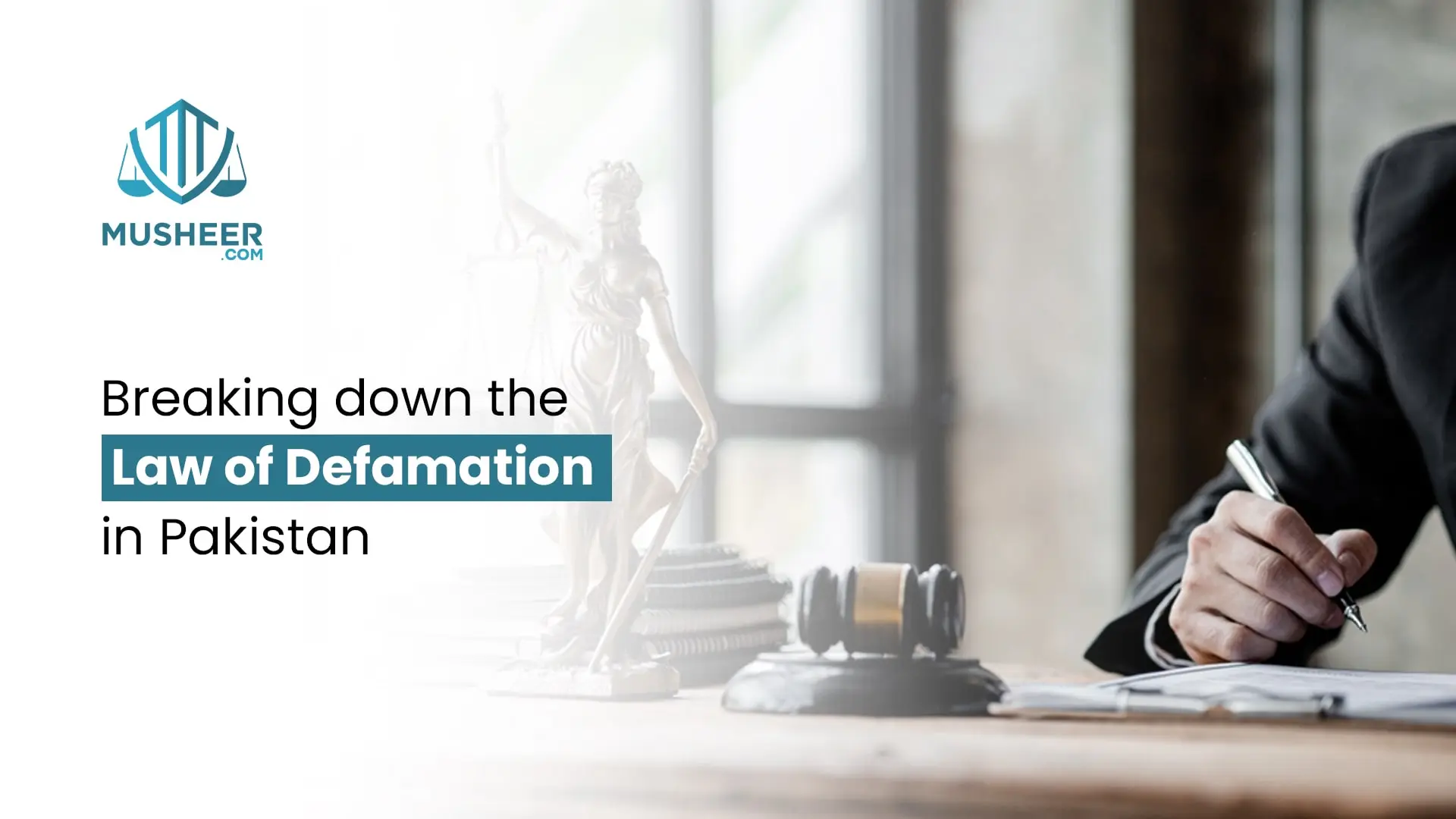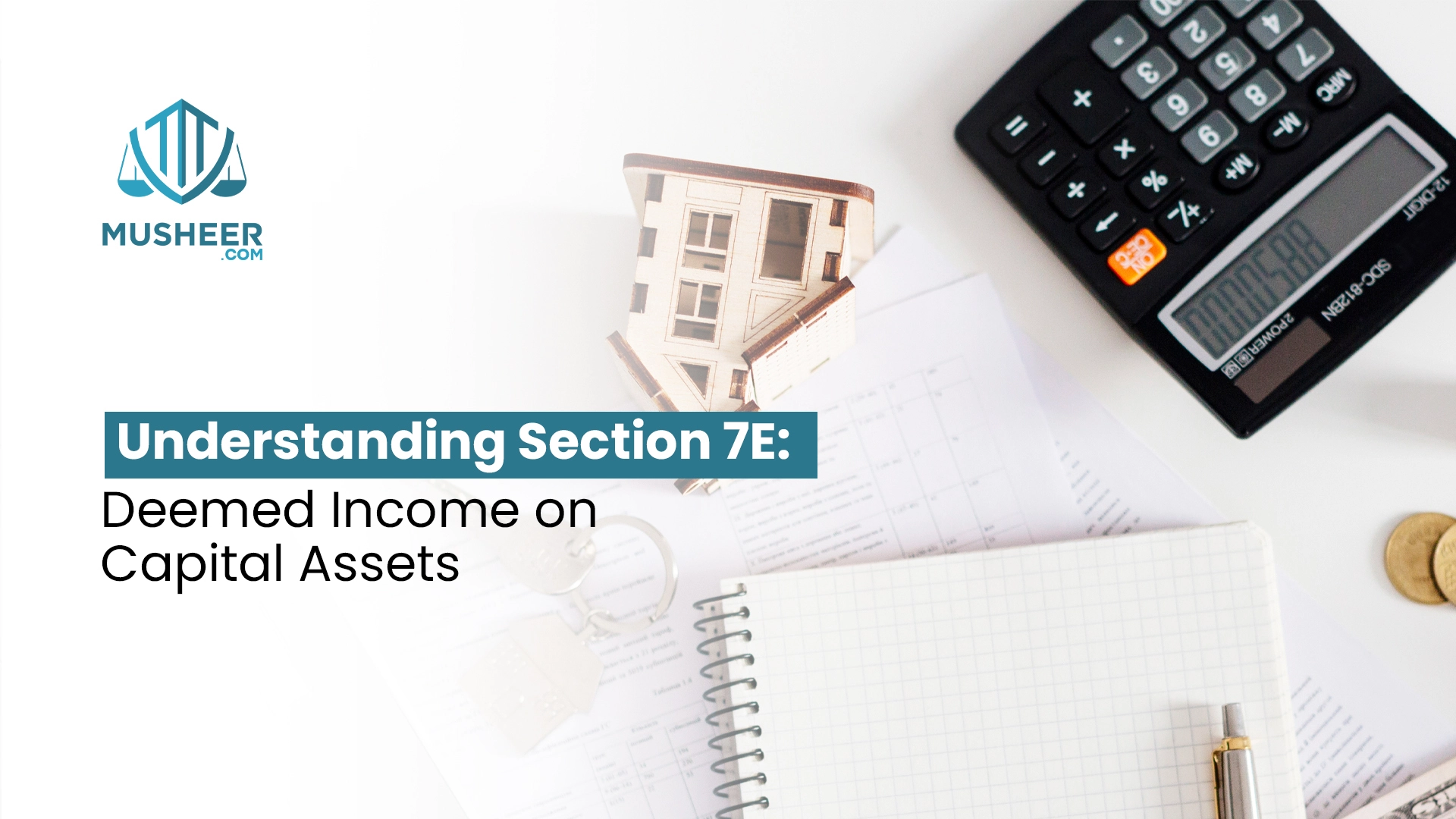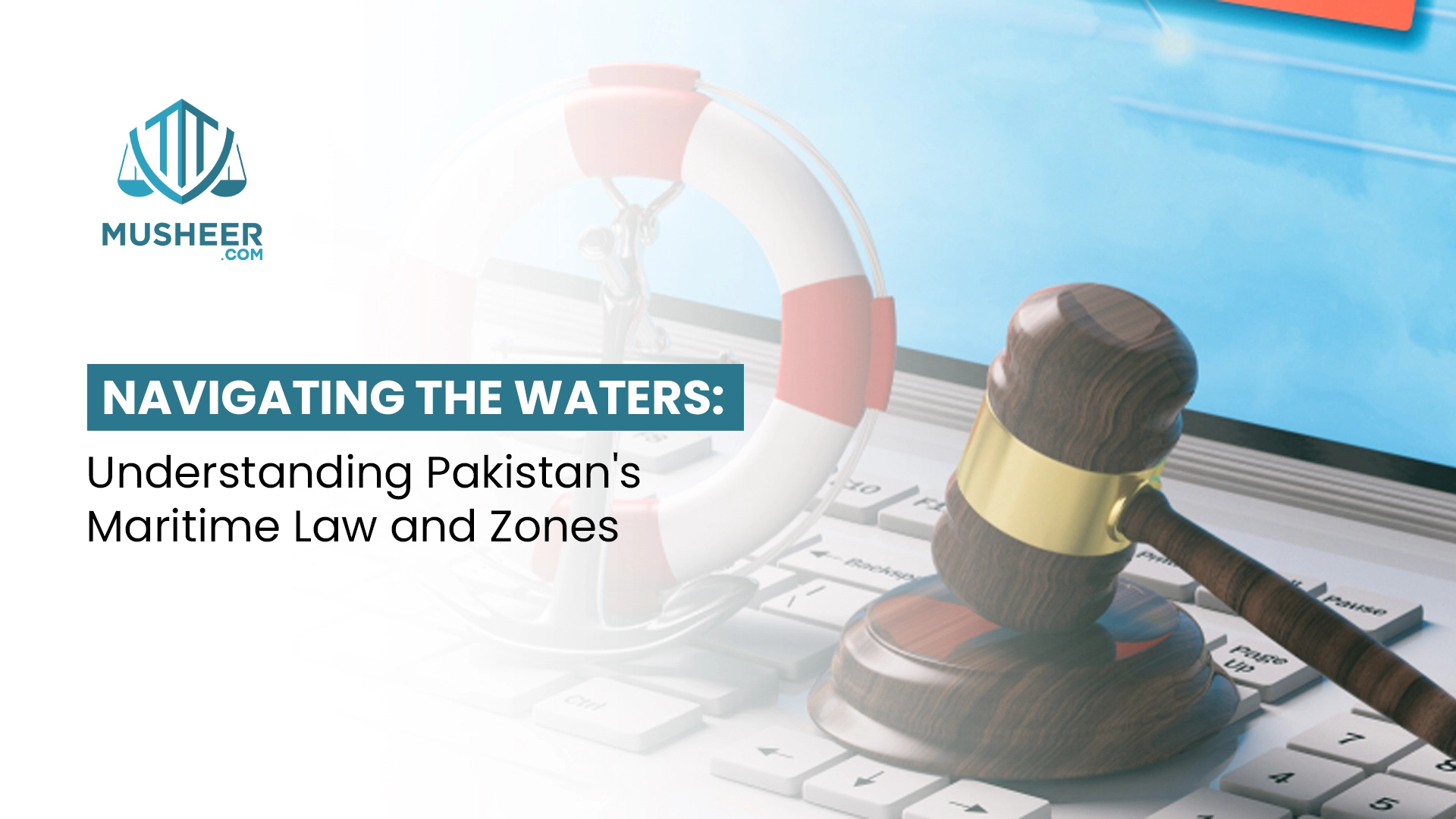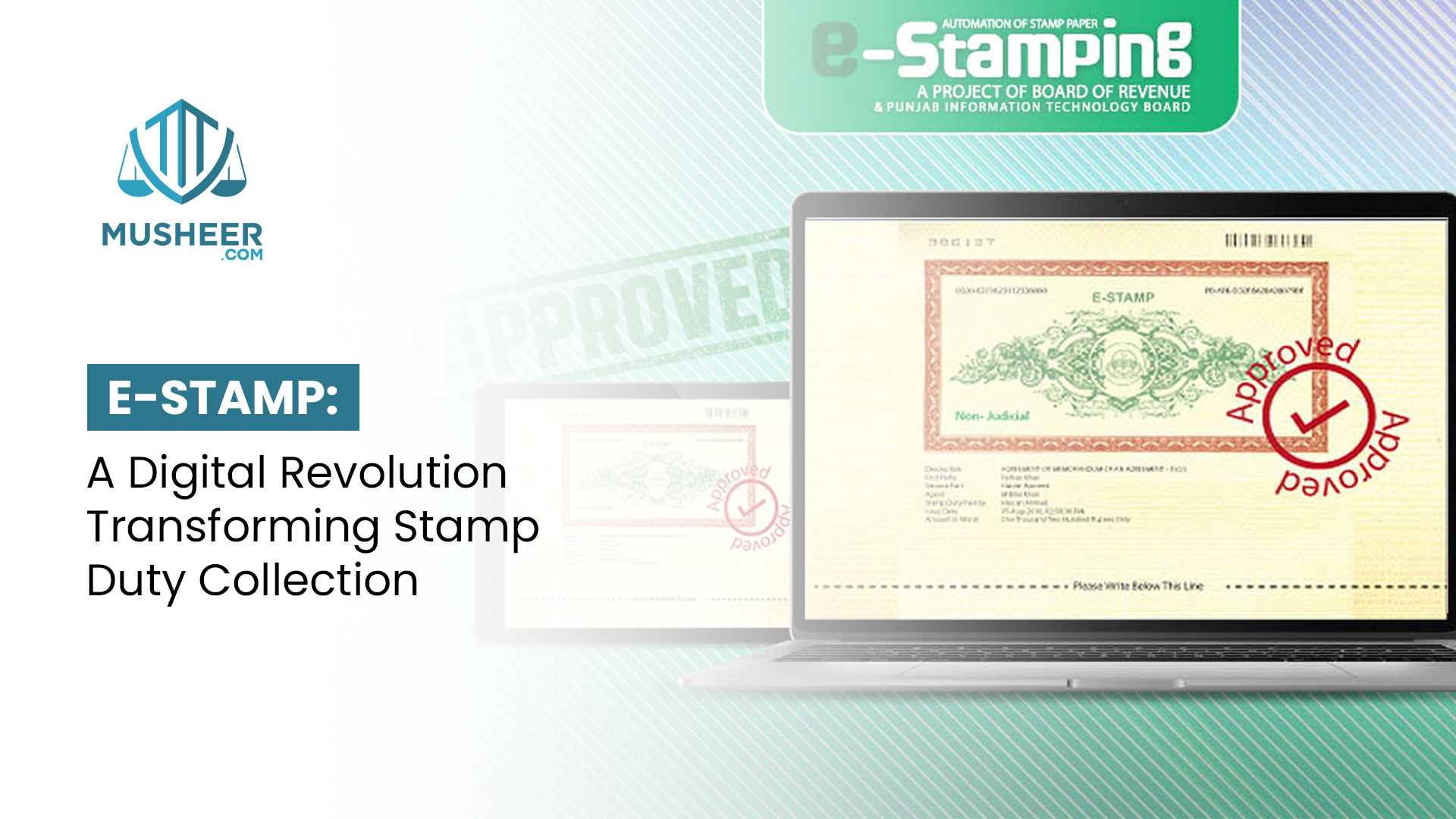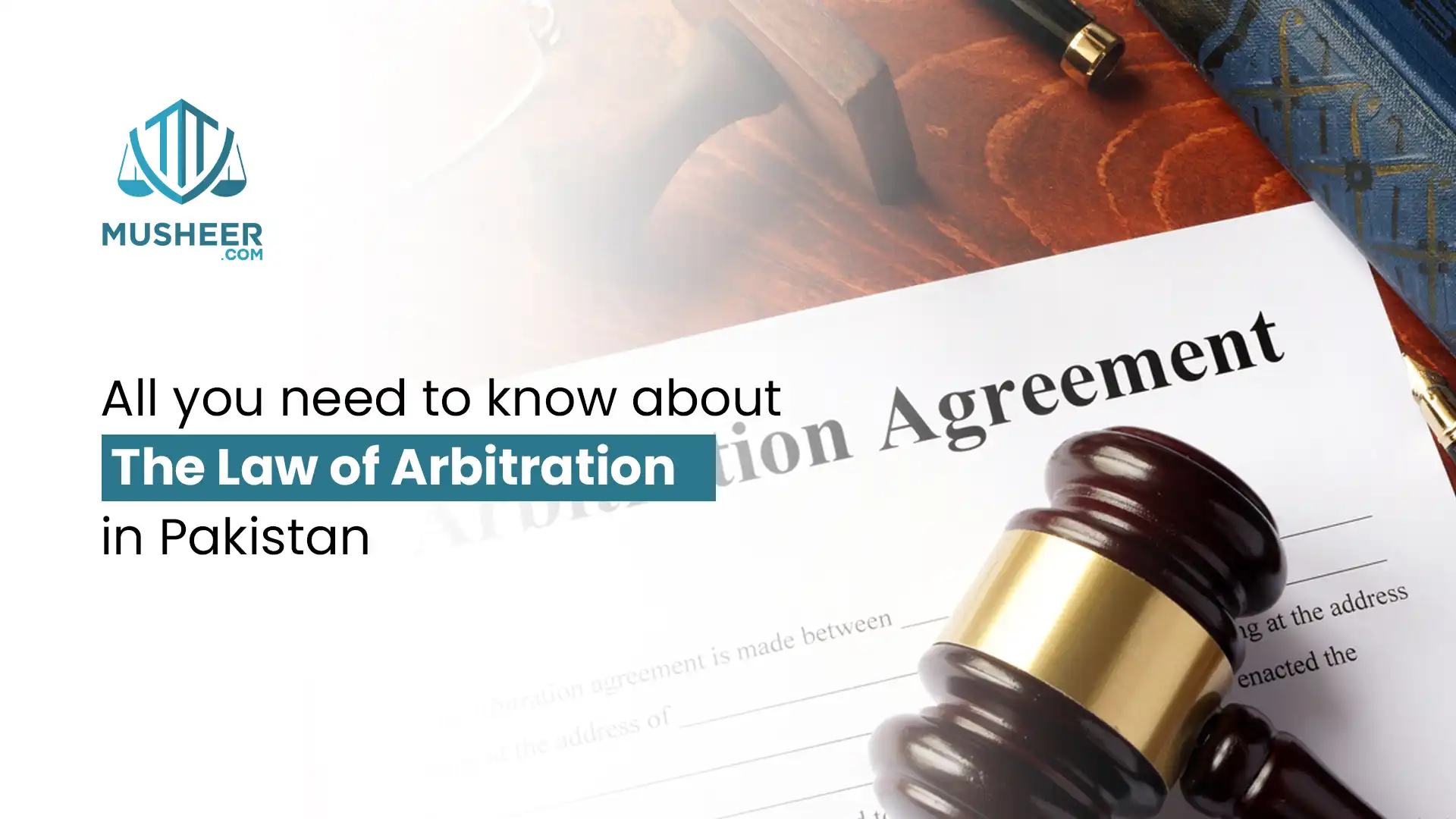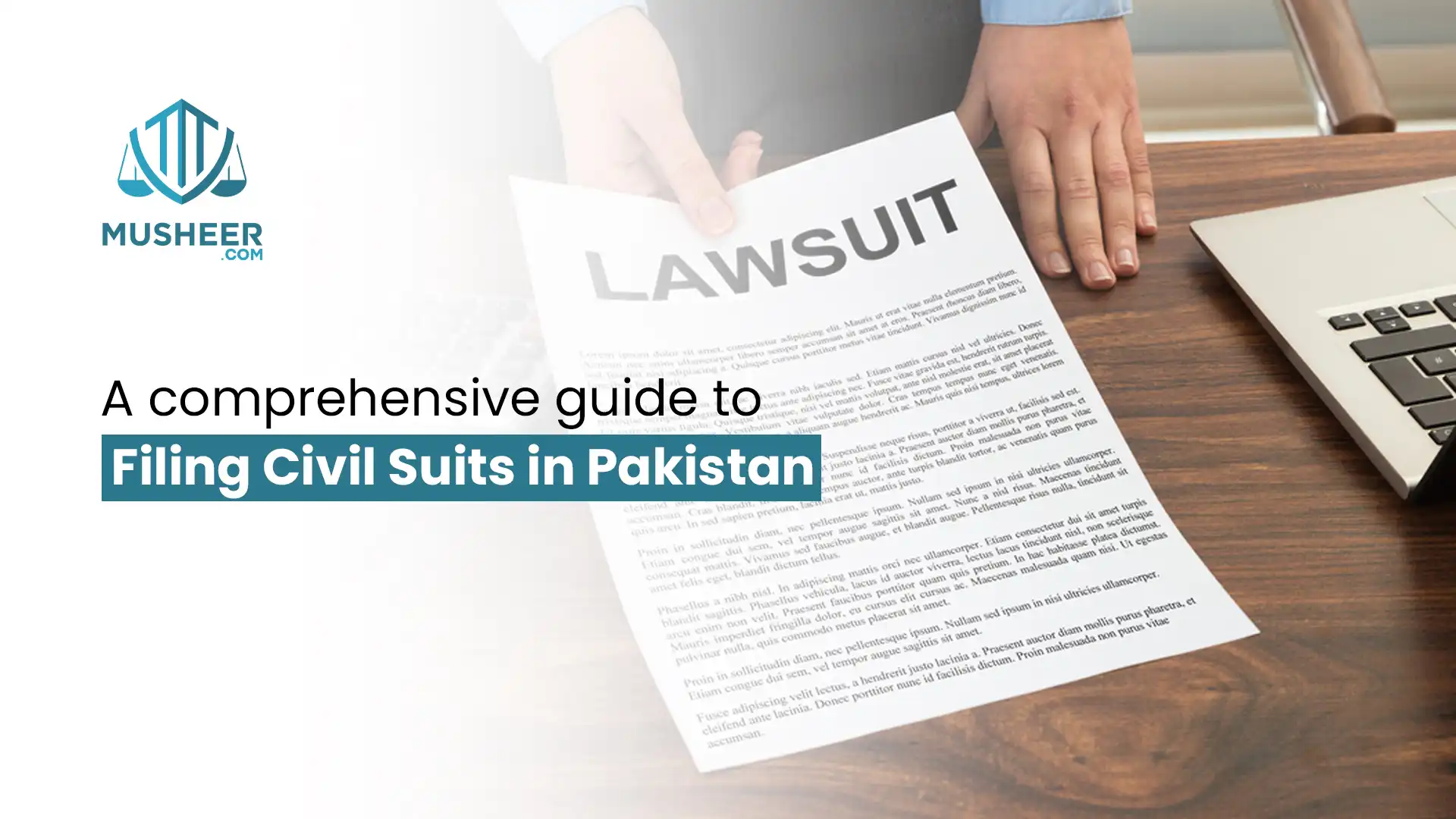Over the years, the internet has brought people closer together, and the rise of social media platforms has enabled everyone to share their thoughts with the world. However, with this freedom comes the challenge of ensuring that all users remain within boundaries and do not defame anyone.
The law of defamation is designed to protect individuals from false statements that can damage their reputation, image, or credibility. In Pakistan, defamation laws ensure that individuals and organizations remain safe from malicious attacks on their reputations.
This blog will explore the basics of defamation law in Pakistan, its elements, and the legal remedies available to victims.
What Is Defamation?
Defamation refers to the act of making false statements about someone that harms their reputation. It involves spreading untrue information that can have a negative impact on a person's character, standing, or integrity. Defamation can take different forms, such as slander (spoken) or libel (written), and it aims to protect individuals and organizations from unwarranted damage to their reputations caused by false statements.
Defamation Law In Pakistan:
Defamation law in Pakistan is primarily governed by two key statutes: the Pakistan Penal Code, 1860, and the Defamation Ordinance, 2002. These laws aim to balance freedom of speech and expression with the protection of an individual's reputation.
Elements Of Defamation:
To establish a defamation claim in Pakistan, certain elements must be proven:
-
False Statement: The statement made must be false and not based on truth or evidence.
-
Publication: The statement must be communicated or published to a third party; it could be spoken, written, or even shared via electronic means.
-
Harm to Reputation: The false statement must cause harm to the reputation of the targeted person, such as a loss of standing, respect, or livelihood.
-
Intention: In some cases, it is also necessary to prove that the person uttered a defamatory statement with intent to harm or with negligence.
Types Of Defamation:
Defamation can be categorized into two forms: slander and libel.
-
Slander refers to defamatory statements made in spoken or transitory form, such as through oral communication or gestures.
-
Libel refers to defamatory statements made in written, printed, or electronic form, including posts on social media, articles, or publications.
Defenses Against Defamation:
Certain defenses may be raised by the defendant to counter a defamation claim, such as:
-
Truth: if the defendant can prove that the statement made was true, it can serve as a strong defense against defamation.
-
Fair Comment: If the statement made is a genuine expression of opinion based on true facts, it may be considered a fair comment and not constitute defamation.
-
Privilege: Certain communications, such as statements made during court proceedings or in the public interest, may be protected by a qualified privilege.
Legal Remedies:
In Pakistan, individuals or organizations who have been defamed have legal remedies available to them, such as a civil lawsuit seeking damages for the harm caused to their reputation.
Defamation is also a criminal offense under the Penal Code of Pakistan. The victim can file a complaint with the police, and if found guilty, the defamer may face fines or imprisonment.
Conclusion:
Defamation laws in Pakistan are crucial in protecting individuals and organizations from false statements that could damage their reputations. Understanding the elements of defamation, the different forms it can take, the available defenses, and legal remedies are vital for both potential victims and those exercising their right to freedom of speech. Defamation laws aim to strike a balance between the fundamental rights of individuals and the integrity and dignity of the country.

